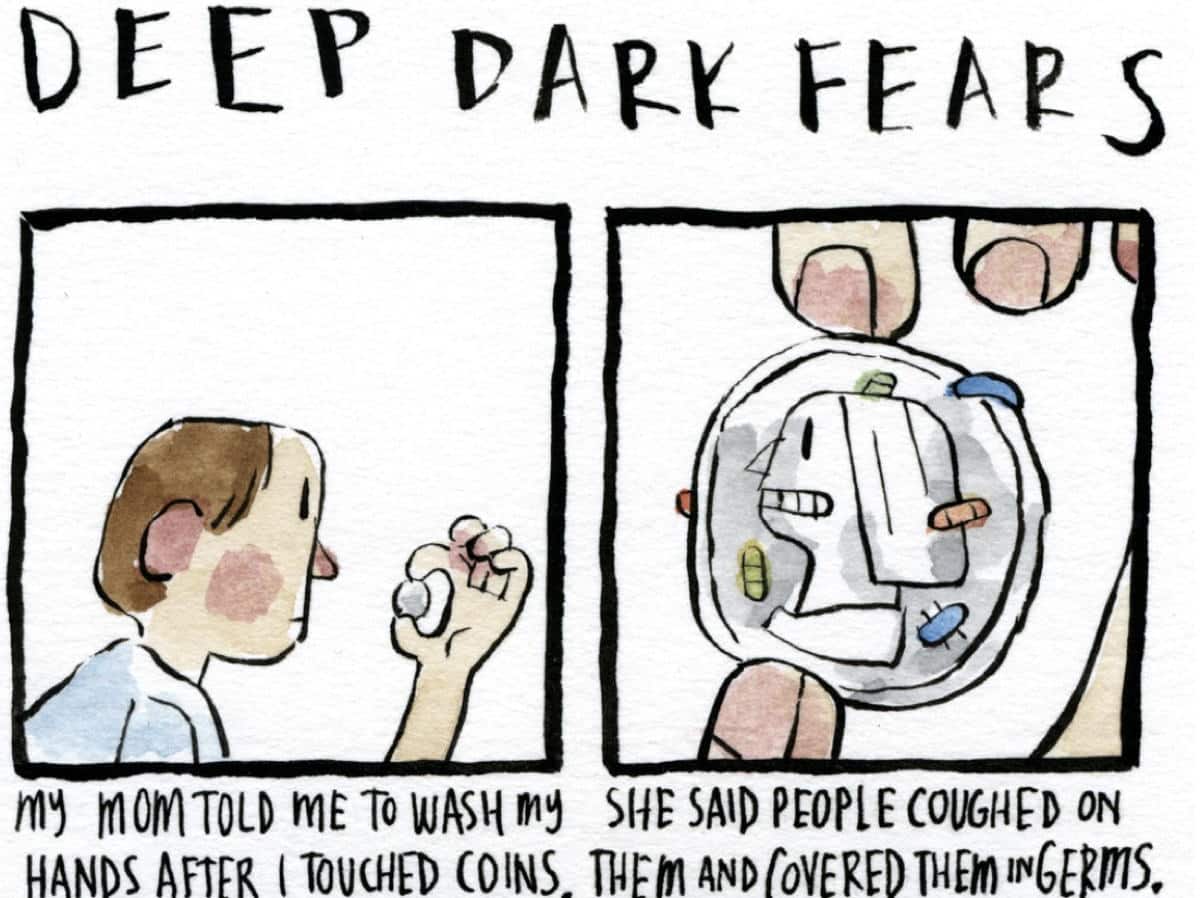The holiday season is here, bringing with it joyful gatherings, festive meals and the potential for plumbing disasters. One of the biggest culprits behind clogged pipes during this time is something many of us overlook: F.O.G. — fats, oils and grease.
Properly managing F.O.G. in the kitchen is not just good for your plumbing, it’s also essential for maintaining community wastewater systems and protecting the environment. Here’s why keeping F.O.G. out of drains matters and what homeowners can do to prevent costly clogs during the holidays.

F.O.G. refers to the fats, oils and grease left behind after cooking. Common sources include meat fats in food scraps, cooking oil, shortening, lard, butter and margarine, gravy, and food products such as mayonnaise, salad dressings and sour cream. When F.O.G. is washed down the drain, it doesn’t stay liquid for long. As it cools, it solidifies and sticks to the walls of pipes, gradually building up and narrowing the pathways for water to flow. Over time, this accumulation can cause severe blockages, leading to backups, costly repairs and even damage to municipal sewer systems.
Why F.O.G. management matters
- Prevents clogs and backups: F.O.G. is a leading cause of household plumbing issues. Once it hardens in pipes, it can trap food particles and other debris, creating stubborn clogs. During the holidays, when kitchens are busier than usual, the risk of blockages increases significantly.
- Protects municipal sewer systems: F.O.G. doesn’t just affect individual homes, it can cause major problems for entire communities. When grease builds up in municipal sewer lines, it can lead to “fatbergs,” large masses of congealed grease and waste. These blockages can disrupt wastewater treatment processes and require expensive interventions to remove.
- Reduces environmental impact: Improper F.O.G. disposal can harm the environment. Sewer overflows caused by clogs can contaminate local waterways, affecting wildlife and public health. Keeping F.O.G. out of drains helps prevent these incidents and supports cleaner, safer ecosystems.
How to keep F.O.G. out of drains
Preventing F.O.G. buildup is easier than dealing with a clogged drain. Here are practical steps homeowners can take, especially during the holiday season:
- Cool and scrape: After cooking, let fats, oils, and grease cool and solidify. Once solid, scrape them into a container or disposable bag and throw it in the trash.
- Use a grease jar: Keep a jar or can near your sink to collect used cooking oil. When full, seal it and dispose of it in the trash.
- Wipe before washing: Before rinsing pots, pans, and dishes, wipe them down with a paper towel to remove excess grease. This simple step can significantly reduce the amount of F.O.G. entering your pipes.
- Avoid using hot water to rinse F.O.G.: Hot water may temporarily melt grease, but as it cools in the pipes, the grease will solidify again, passing the grease down the line to cause problems elsewhere. Always scrape or wipe off F.O.G. before washing dishes.
- Be mindful of food waste: Foods that are high in fat, such as gravy, sauces and dairy products should never be washed down the drain. Instead, dispose of them in the trash or compost bin.
- Avoid using the garbage disposal: You might think it’s OK to use your garbage disposal to shred leftovers, but shredding fats still causes grease buildup in plumbing.
- Use strainers and screens: Place mesh strainers over sink drains to catch food particles and prevent them from going down the drain. Clean the strainers regularly to keep water flowing freely.
What to do if a clog occurs
Despite your best efforts, clogs can happen. Here’s how to handle them:
- Try a plunger: A plunger can help dislodge minor blockages. Make sure you have a sink plunger, not a toilet plunger, for the job.
- Use a natural drain cleaner: Avoid harsh chemical drain cleaners, which can damage pipes. Instead, try a mixture of baking soda and vinegar followed by hot water.
- Call a licensed professional: If the clog persists, it’s time to call a licensed plumber. They have the tools and expertise to remove stubborn blockages safely.
A little prevention goes a long way
F.O.G. builds up over time as it traps all the debris and food particles. Backups inside or outside your home not only lead to costly repairs, but have a negative environmental impact. Keeping F.O.G. out of drains is a simple yet effective way to protect your home’s plumbing and contribute to the health of your community.
During the holiday season, when kitchens are working overtime, it’s especially important to be mindful of how you handle fats, oils and grease. By following these tips and encouraging family members and guests to do the same, you can avoid costly repairs and enjoy a stress-free holiday season.
Written by Stephanie Threinen, public information liaison for the Lakeway Municipal Utility District. Earl Foster is the general manager of LMUD.







